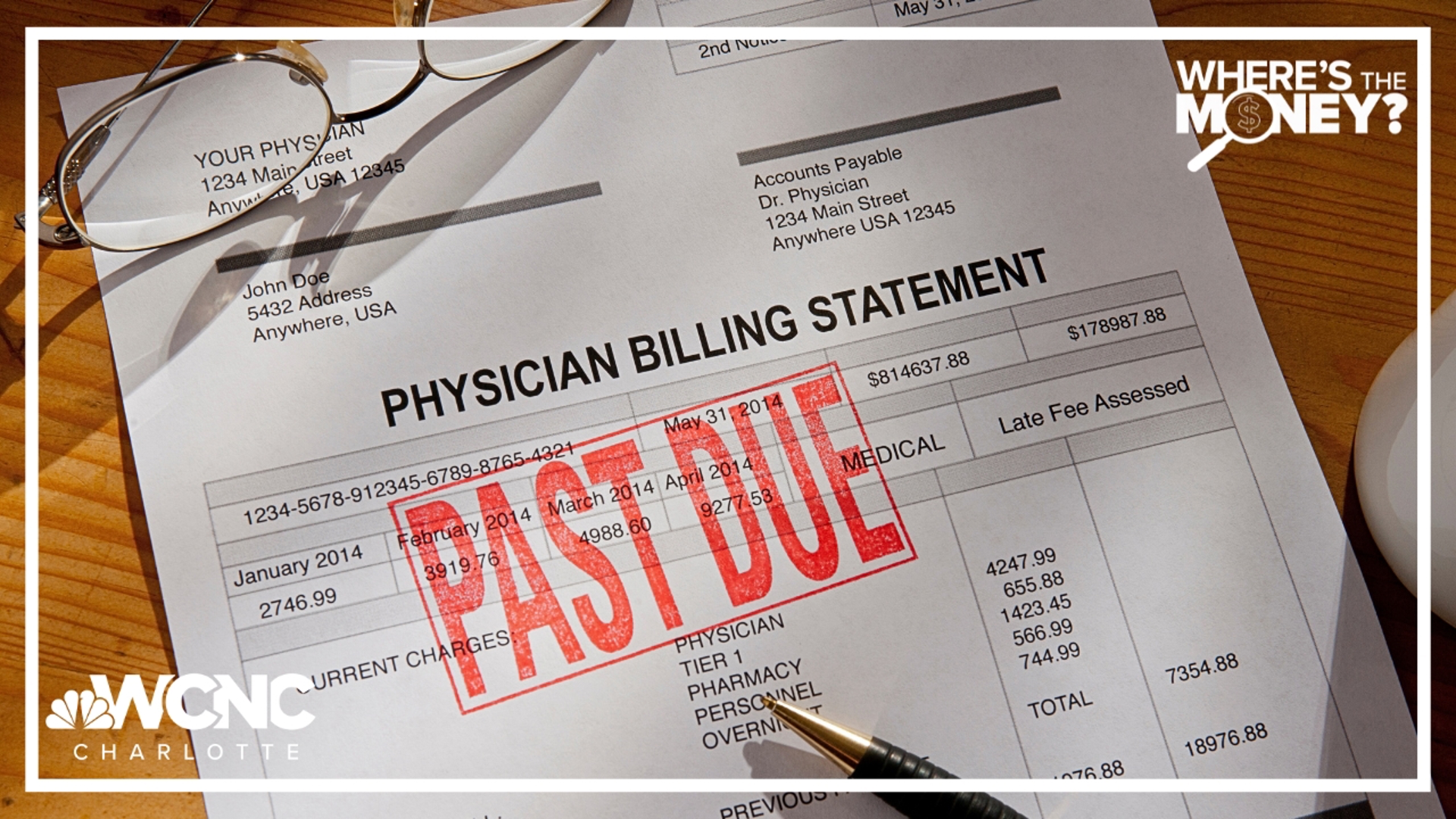RALEIGH, N.C. — Federal Medicaid regulators have signed off on a proposal by North Carolina Gov. Roy Cooper's administration to offer scores of hospitals in the state a financial incentive to eliminate patients' medical debt and carry out policies that discourage future liabilities.
Cooper’s office said Monday that the Centers for Medicare and Medicaid Services late last week approved the plan submitted by the state Department of Health and Human Services.
Cooper and health department leaders have described the plan as a first-of-its-kind proposal in the country to give hospitals a new financial carrot to cancel the debt they hold on low- and middle-income patients and to help residents avoid it. The effort also received praise Monday from Vice President Kamala Harris, the likely Democratic presidential nominee.
Cooper's administration has estimated the plan has the potential to help 2 million low- and middle-income people in the state get rid of $4 billion in debt. Cooper has said hospitals wouldn't recoup most of this money anyway.
“This debt relief program is another step toward improving the health and well-being of North Carolinians while supporting financial sustainability of our hospitals,” state Health and Human Services Secretary Kody Kinsley said in a release.
The proposal, which DHHS will now work to carry out, focuses on enhanced Medicaid reimbursement payments that acute-care, rural, or university-connected hospitals can receive through what's called the Healthcare Access and Stabilization Program.
The General Assembly approved this program last year along with provisions sought by Cooper for years that expanded Medicaid coverage in the state to working adults who couldn’t otherwise qualify for conventional Medicaid.
Any of the roughly 100 hospitals participating in the program are now poised to receive even higher levels of reimbursement if they voluntarily do away with patients’ medical debt going back to January 2014 on current Medicaid enrollees — and on non-enrollees who make below certain incomes or whose debt exceeds 5% of their annual income.
For example, a patient from an individual household would have to make $52,710 a year or less to be eligible for medical debt relief. Income requirements vary based on household size, according to federal poverty levels.
Going forward, the hospitals also would have to help low- and middle-income patients — for example, those in a family of four making no more than $93,600 — by providing deep discounts on medical bills. The hospitals would have to enroll people automatically in charity care programs, agree not to sell their debt to collectors, or tell credit reporting agencies about unpaid bills. Interest rates on medical debt also would be capped.
The state is working with the national nonprofit Undue Medical Debt to issue the debt cancelations. President and CEO Allison Sesso shared the impacts people face when grappling with medical debt:
"They don't go back to the hospital to get the care that they need," Sesso said. "They feel overwhelmed by the thought of having to pay this bill that they know they're not going to be able to pay. So, that creates anxiety and undermines their well-being overall."
When Cooper unveiled the proposal on July 1, the North Carolina Healthcare Association — which lobbies for nonprofit and for-profit hospitals, said the group and its members needed more time to review the proposal and awaited the response from the federal government.
To let us know how WCNC Charlotte can help you get ahead in 2024, email us at newstips@wcnc.com.
Speaking last week at a roundtable discussion in Winston-Salem about the effort, Cooper said hospitals have “reacted somewhat negatively" to the effort. But many hospitals have engaged with us and given us advice on how to write the procedures in order to help them if they decided to adopt this,” Cooper added.
State officials have said debt relief for individuals under the program would likely occur in 2025 and 2026. Cooper’s term ends in January, so the program’s future could depend on who wins the November gubernatorial election.
Other state and local governments have tapped into federal American Rescue Plan funds to help purchase and cancel residents’ debt for pennies on the dollar.
The vice president's news release supporting North Carolina's effort didn't specifically mention Cooper, who was considered a potential running mate for Harris this fall but announced late Monday that he would not be a candidate. Harris highlighted efforts with President Joe Biden to forgive over $650 million in medical debt and to eliminate even more.
“Last month, I issued a call to states, cities, and hospitals across our nation to join us in forgiving medical debt,” she said. “I applaud North Carolina for setting an example that other states can follow.”
Contact Julia Kauffman at jkauffman@wcnc.com and follow her on Facebook, X and Instagram.

